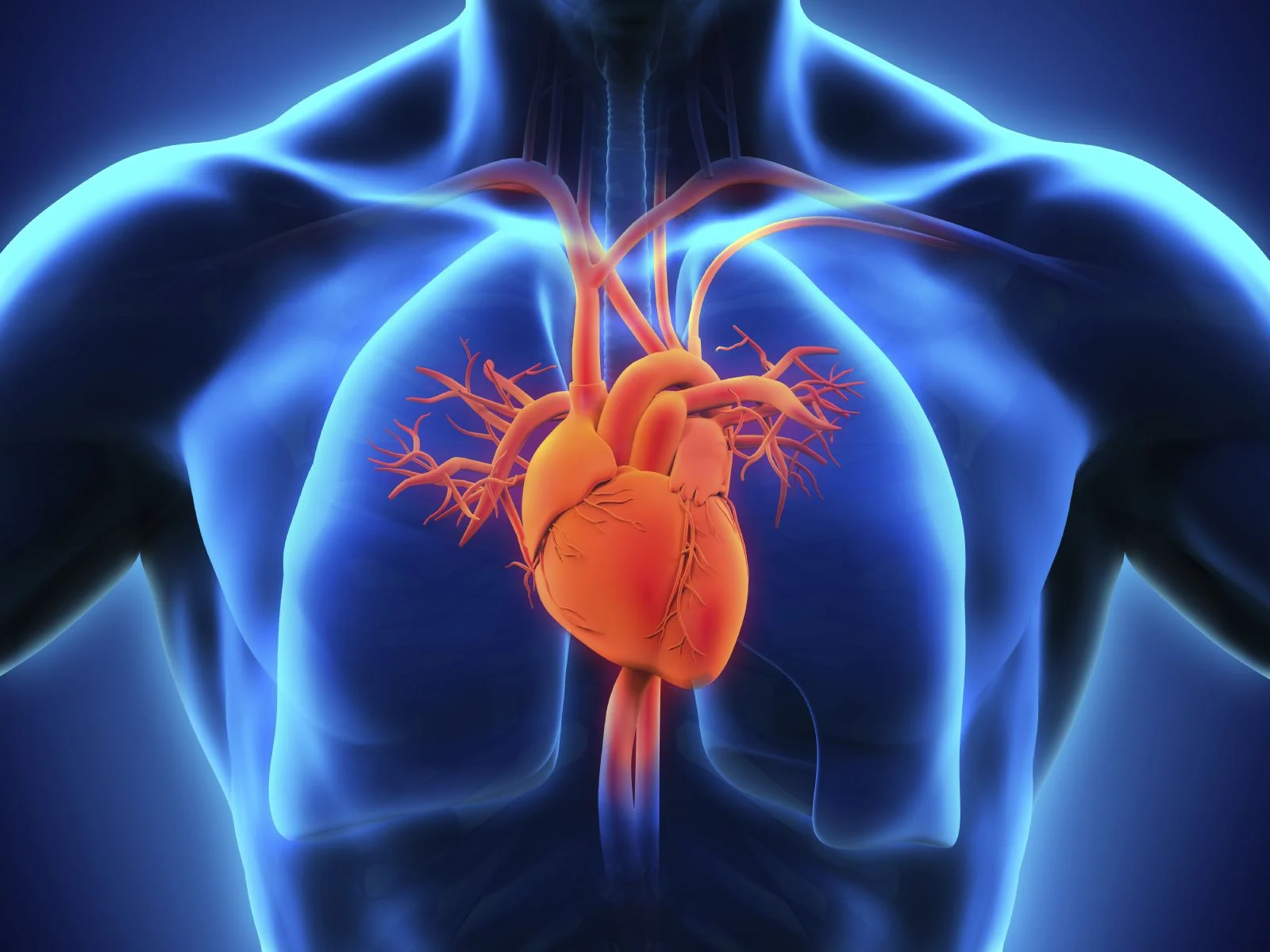Contact Us
Office Location :- Site-2, Sector-8, Near ESI, Faridabad, Haryana.
Timing :- Mon-Sat / 09:00 AM - 05:30 PM
Call :- +91-8920539843
Email :- bvpmedical.fbd@gmail.com
Request for Call Back
Download Brochure
Cardiology
As a result, most of us need to know how to use computers. Our knowledge of computers will help us to tap into challenging career opportunities and enhance the quality of our lives.
INTRODUCTION
Cardiology, the branch of medicine dedicated to the study and treatment of heart disorders, has witnessed remarkable advancements in recent years. As technology continues to evolve, so does our understanding of cardiovascular diseases and the tools available for diagnosis, treatment, and prevention. This article explores the latest breakthroughs in cardiology, highlighting how these innovations are shaping the landscape of heart care and improving patient outcomes.

Precision Medicine in Cardiology:
One of the most significant developments in cardiology is the emergence of precision medicine. This approach tailors medical treatment to the individual characteristics of each patient. In cardiology, this means considering a patient’s genetic makeup, lifestyle, and environmental factors to create personalized treatment plans. Through genetic testing, Specialities can identify specific genetic markers associated with cardiovascular diseases, enabling them to prescribe medications and interventions that are more likely to be effective for a particular individual.
Artificial Intelligence (AI) in Cardiac Imaging:
Artificial intelligence has found a prominent role in cardiac imaging, revolutionizing the way heart diseases are diagnosed and monitored. AI algorithms can analyze vast amounts of medical imaging data, such as echocardiograms, MRIs, and CT scans, to detect subtle abnormalities that may go unnoticed by the human eye. This not only enhances the speed and accuracy of diagnosis but also allows for early detection of cardiovascular issues, leading to more effective and timely interventions.
Remote Patient Monitoring:
The integration of technology in cardiology extends beyond the clinic with the advent of remote patient monitoring devices. Wearable devices, such as smartwatches and fitness trackers, equipped with heart rate monitors and ECG sensors, enable continuous monitoring of a patient’s cardiovascular health. This real-time data provides valuable insights into a patient’s heart rhythm, allowing healthcare professionals to detect irregularities and adjust treatment plans remotely. Remote patient monitoring has proven especially beneficial for individuals with chronic heart conditions, improving their quality of life and reducing hospitalization rates.
Advancements in Interventional Cardiology:
Interventional cardiology has witnessed remarkable progress, with minimally invasive procedures becoming increasingly common. Techniques such as percutaneous coronary intervention (PCI) and transcatheter aortic valve replacement (TAVR) have transformed the treatment of coronary artery disease and aortic valve disorders, respectively. These procedures offer shorter recovery times, reduced complications, and improved overall outcomes compared to traditional open-heart surgeries.
Conclusion:
The field of cardiology is experiencing a paradigm shift, driven by technological advancements and innovative approaches to patient care. From precision medicine and artificial intelligence to remote monitoring and regenerative therapies, these breakthroughs are reshaping the landscape of cardiovascular medicine. As these advancements continue to evolve, the future of cardiology holds the promise of more effective, personalized, and accessible care, ultimately leading to better outcomes for individuals with heart conditions. Embracing these innovations ensures that the journey towards a healthier heart is not just a possibility but a reality for many.
Frequently Asked Questions
Cardiology is the branch of medicine that deals with the study, diagnosis, and treatment of disorders of the heart and the circulatory system.
Common risk factors include high blood pressure, high cholesterol, smoking, diabetes, obesity, and a family history of heart disease.
A heart attack, or myocardial infarction, occurs when blood flow to a part of the heart muscle is blocked, usually by a blood clot. This can cause damage to the heart muscle.
A cardiologist is a medical doctor who specializes in the diagnosis and treatment of heart conditions, while a cardiac surgeon is a specialist who performs surgeries on the heart and blood vessels.
Heart failure is a condition in which the heart is unable to pump blood effectively, leading to symptoms such as fatigue, shortness of breath, and fluid retention.

